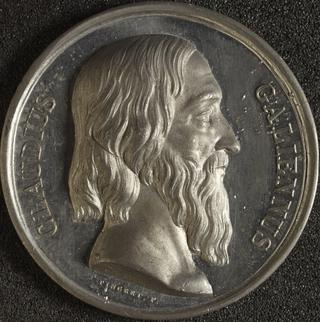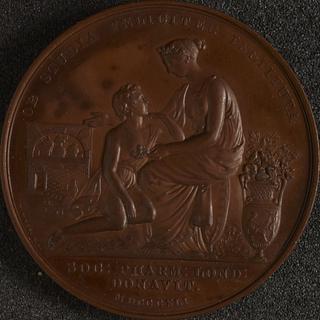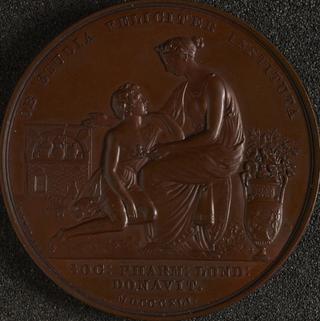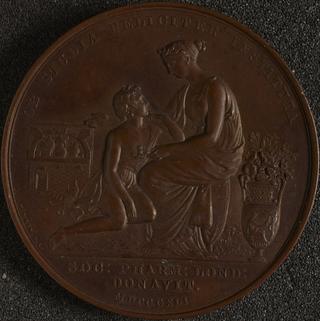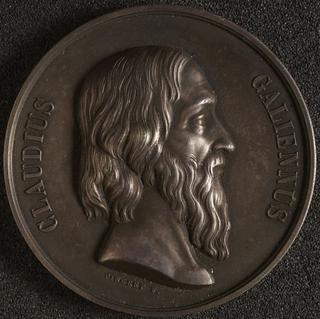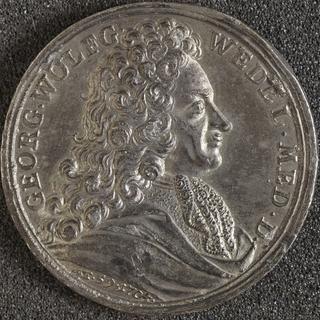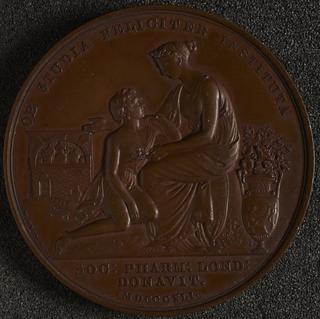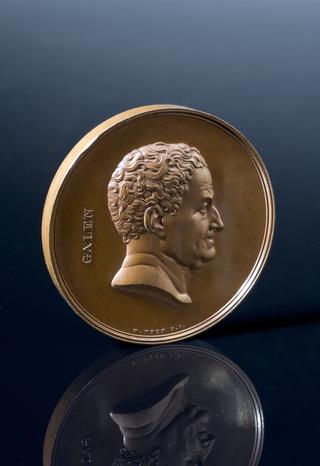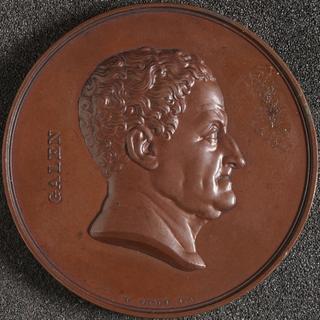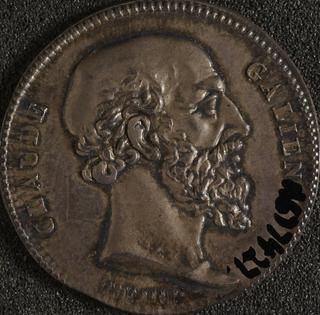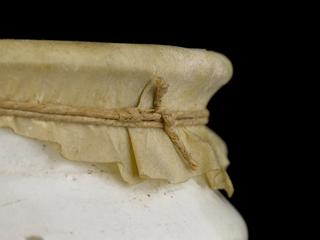
Galen 129 CE - 216 CE
- occupation:
- Philosopher, Physician, Writer
- Nationality:
- Greek
- born in:
- Bergama, Izmir Ili, Aegean Region, Turkey
Galen was born in Greece, studied medicine in Egypt and became the most celebrated physician in the Roman Empire. His theories were to dominate Western medical thinking for centuries after his death. A radical and innovative experimenter, he considered dissection a key tool in understanding the human body. Although he was restricted by law to dissecting animals, the three years he spent from 158 CE as physician to the gladiators of his home city of Pergamon were a formative period in his life in medicine. The traumatic injuries he regularly encountered gave Galen the perfect opportunity to extend his practical medical knowledge of the human body.
Galen was greatly influenced by the working methods of Hippocrates and other earlier Greek doctors. He similarly advocated the humoral theory of the body and like Hippocrates he also placed great importance on clinical observation through careful examination of patients and the recording of their symptoms. Galen paid particular attention to an individual’s pulse, monitoring it for abnormalities and using it as a tool to diagnose disease and suggest possible treatments. Feeling a patient’s pulse remains a standard diagnostic procedure to this day.
Galen was a prolific writer. He was widely known in his lifetime, but his prolonged influence owed much to the Islamic scholars who absorbed, reproduced and added to his body of work in the early medieval period. Subsequently these works were retranslated in the West, where they effectively remained beyond criticism until the Renaissance. In that new age of experimentation and investigation the fault lines in much of his work began to be revealed and many of his theories and techniques were gradually replaced or amended by the likes of Vesalius and William Harvey. Despite this, Galen remains a towering figure in the history of medicine.
